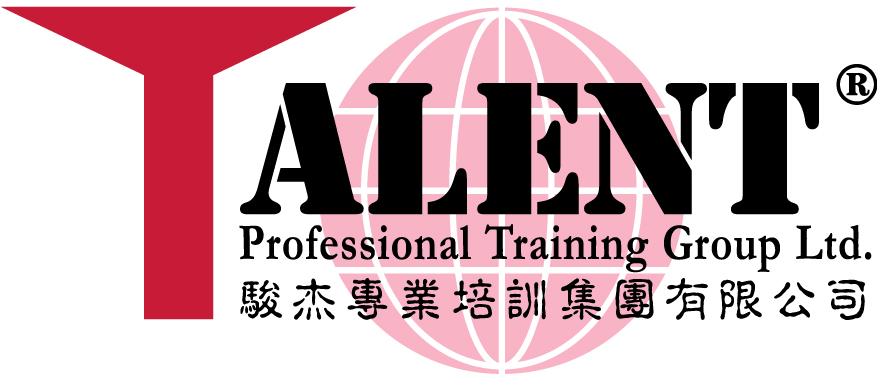Customer Relationship Management (CRM)
- Establishing and managing customer relationships with innovative concepts
 |
 |
The concept of Customer Relationship Management (CRM) is practiced to enhance customer satisfaction as well as building better customer relationships.
It helps staff to identify the needs of customers and design the best plan and options for them.
Workshop on Customer Relationship Management (CRM), intended for the management and staff who have basic knowledge about achieving service excellence, aims at equipping them with the customer relationship management skills to become more capable and consistent in an experiential way.
The participants will gain practical skills and techniques to communicate effectively and serve professionally through gaining more understanding towards customers to provide quality service and better customer experience.
In addition to the practical skills in serving customers, they will also be trained to acquire the skills to handle difficult customers and complaint cases to ensure that satisfactory service standards could be delivered to this type of client as well.
Objectives of Customer Relationship Management:
-
Understand the concept of Customer Relationship Management
-
Be able to build trust, rapport and mutual respect in developing long-term relationship with internal and external clients
-
Manage emotion as well as to build a positive, solution-focused attitude in communications to handle queries and complaints in effective manners
-
Acquire skills on customer service techniques such as handling difficult customers and complaints
-
Learn how to serve different customers differently (such as observing the customers' needs or emotions, if they are unhappy or they are in hurry, treat them differently)
Sample Outlines of Customer Relationship Management:
-
Fundamental Strategy of Customer Relationship Management (CRM)
-
What is CRM
-
The concept of CRM
-
Why is it important for organizations
-
Concept of Customer Lifetime Value (CLV)
-
How customer retention can be achieved
-
-
Enhancing Customer Loyalty
-
What is Pareto Principle and how it is applied
-
What is customer satisfaction
-
How customer expectation affects satisfaction
-
The RATER Model of Service Excellence
-
Customer Interaction Cycle
-
-
Strategies in Handling Difficult Customers
-
What is Social Styles
-
Why we need to learn how others behave in order to achieve highest customer satisfaction
-
What makes customer difficult
-
Choose the appropriate approach according to customers’ behaviours
-
Verbally respond to customers’ concerns
-
Strategies in handling demanding and difficult customers
-
-
Handling Customers’ Complaints
-
Why customer complains
-
Service recovery as threat or opportunities
-
Principles in handling complaints
-
Psychological perception of complains
-
Communication when handling complaints
-
How to receive a complaint on telephone
-
-
Ways of handling complaints effectively
-
Listening and probing to understand customer’s situations
-
Watch out for the tone
-
Managing customer’s expectation when offering options
-
How to manage one’s own emotions
-
How to say no and managing customers’ expectations
-
Turning crisis into opportunities
-
Contact Talent Professional today for your best suited Customer Relationship Management (CRM) solution to help you manage customer relationship with innovation!
Remarks: Program objectives and outlines are for reference only; programs would be tailor-made with clients' specific requirements.


